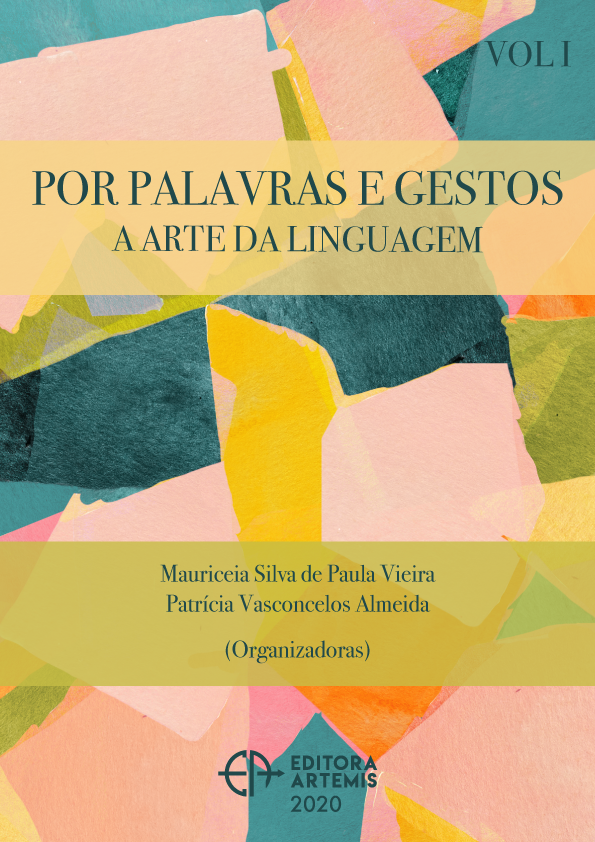
O DISCURSO NARRATIVO COMO RECURSO PARA OS SUJEITOS-ESTUDANTES DOS ANOS INICIAIS EXPRESSAREM SUA SUBJETIVIDADE
Neste artigo, apresentamos resultados de nossa pesquisa de mestrado, cujo objetivo foi investigar se estudantes dos anos iniciais do Ensino Fundamental falavam de si, de seus sentimentos, emoções e desejos, por meio do discurso narrativo. O corpus foi constituído de narrativas escritas por estudantes do 5º ano do Ensino Fundamental, colhidas por meio de uma atividade didático-pedagógica elaborada e aplicada pela pesquisadora. A pesquisa está ancorada nos pressupostos da Análise de Discurso pecheuxtiana, na Psicanálise freudo-lacaniana e na teoria sócio-histórica do Letramento. Os gestos interpretativos provenientes das análises das narrativas permitiram-nos assinalar as seguintes considerações: as atividades pedagógicas de leitura e escrita criativas e desafiadoras possibilitam aos estudantes atribuírem e produzirem sentidos, a partir de sua memória discursiva e, dessa forma, emerge a autoria; o discurso narrativo escrito, em condições favoráveis de produção, é uma alternativa para que os estudantes “falem de si” e expressem sua subjetividade, condição basilar para que se façam escutar no contexto escolar e na sociedade.
O DISCURSO NARRATIVO COMO RECURSO PARA OS SUJEITOS-ESTUDANTES DOS ANOS INICIAIS EXPRESSAREM SUA SUBJETIVIDADE
-
DOI: 10.37572/EdArt_10131072010
-
Palavras-chave: Discurso narrativo, escrita, subjetividade, Análise de Discurso, Psicanálise.
-
Keywords: Narrative discourse, writing, subjectivity, Discourse analysis, Psychoanalysis
-
Abstract:
In this article, we present results of the master's research whose objective is to investigate whether students from the early years of elementary school talk about themselves, their feelings, emotions and desires through narrative discourse. The corpus consists of narratives written by students in the 5th year of elementary school, collected through a didactic-pedagogical activity developed and applied by the researcher. The research is anchored in the assumptions of Pecheuxtian Discourse Analysis, Freudo-Lacanian Psychoanalysis and Socio-Historical Literacy theory. The interpretive gestures from the analysis of the narratives allow us to point out the following considerations: the creative and challenging pedagogical reading and writing activities enable students to attribute and produce meanings, from their discursive memory and, thus, authorship emerges; the written narrative discourse, in favorable conditions of production, is an alternative for students to “talk about themselves” and express their subjectivity, a basic condition for them to be heard in the school context and in society.
-
Número de páginas: 16
- Josiane Aparecida de Paula Bartholomeu
- Filomena Elaine Paiva Assolini

